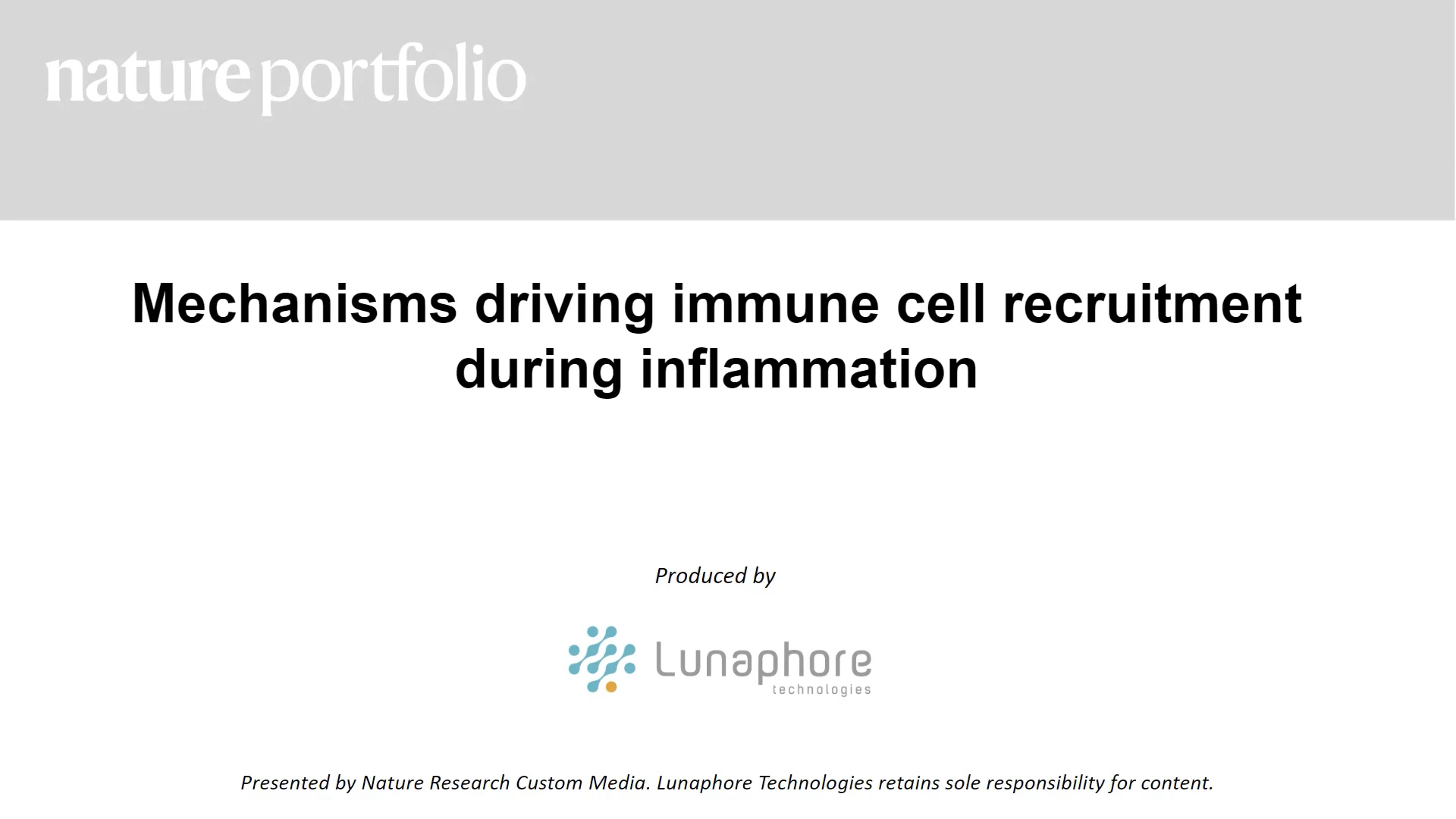Neutrophils are specialized immune cells that circulate in the bloodstream and, upon an insult, migrate out of the blood vessels into surrounding tissues to attack invading pathogens. Neutrophil mobilization is critical for host defense, but accumulation of these effector cells can exacerbate inflammation and tissue damage.
Neutrophil transendothelial migration involves several well-studied sequential adhesive interactions with vascular endothelial cells; however, what initiates or terminates this process has not been well-understood. This webcast will present the discovery of a mechanism by which vascular macrophages regulate neutrophil migration in inflamed intestinal tissue.
The work revealed how vessel-associated macrophages initiate adhesive interactions, driving neutrophil migration and subsequent accumulation in the intestinal mucosa. This novel macrophage-endothelial cell signaling mechanism identifies potential targets for treating inflammation-driven diseases.
Watch this webinar to:
How spatial cell profiling (such as spatial proteomics) supports the characterization of immune cell recruitment during inflammation;
How vessel-associated macrophages interact with endothelial cells in inflamed tissue;
How this leads to specific adhesion and regulation of neutrophil migration.
